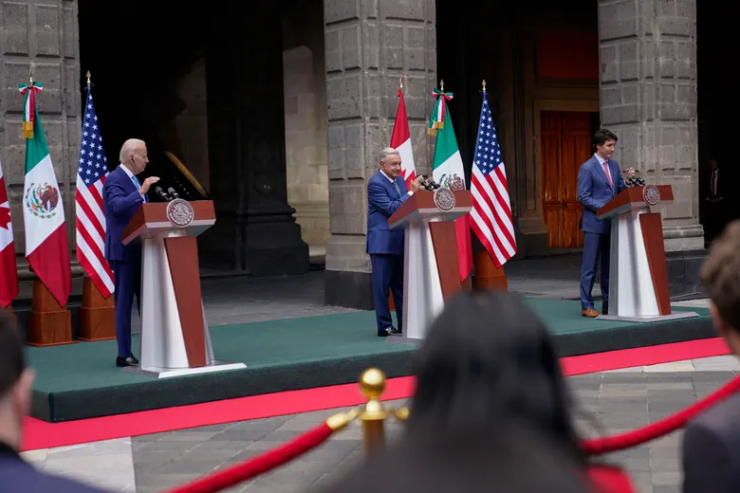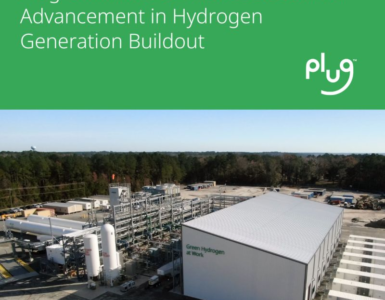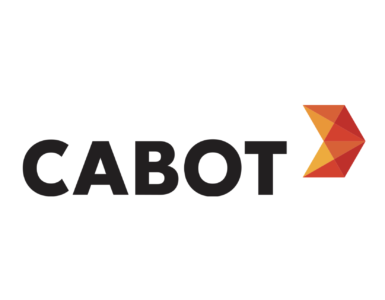US, Canada and Mexico to bolster chips and hydrogen industries.
The trilateral partnership would see the three countries work together to increase North American semiconductor manufacturing capabilities and explore standards to develop hydrogen as a clean energy source.
In a series of talks taking place in Mexico City over the North American Leaders Summit (NALS), the US, Mexico, and Canada have agreed on a set of deliverables that focus on working together to tackle challenges ranging from immigration to the climate crisis.
US President Biden, President Andrés Manuel López Obrador of Mexico and Prime Minister Justin Trudeau of Canada said the summit was an opportunity to promote “a common vision for North America”.
🔥 What about we co-host a webinar? Let's educate, captivate, and convert the hydrogen economy!
Hydrogen Central is the global go-to online magazine for the hydrogen economy, we can help you host impactful webinars that become a global reference on your topic and are an evergreen source of leads. Click here to request more details
In a fact sheet, the White House laid out the details of the partnership, with the first item on the agenda being an initiative designed to bolster North American semiconductor manufacturing capabilities.
The effort is expected to kick off with the “first-ever trilateral semiconductor forum” in early 2023, during which the Biden Administration hopes to discuss opportunities for investment across each of the three countries.
As part of this goal, the nations have agreed to expand North American critical minerals resource mapping to collect details on resources and reserves. Each country is expected to conduct a geological survey with this goal, and organize a trilateral workshop to share data and facilitate cooperation.
With this agreement, Mexico reportedly hopes to capitalise on the explosion of US chip fabrication with packaging, testing, and design facilities of its own, while the US and Canada hope to exploit the country’s mineral resources.
Currently, Mexico is home to the 10th largest lithium deposits globally and recently moved to nationalize the mining of those resources.
The agreement would build on Biden’s 2022 bipartisan bill to boost efforts to make the United States more competitive with China’s science and technology efforts. The ‘Chips and Science’ law also includes an investment tax credit for chip plants estimated to be worth $24bn (£20bn).
The factsheet also discusses the importance of partnering with the region’s private sector to increase student development and mobility, as well as convening industry and academia experts in semiconductors, ICT, biomanufacturing, and other key advanced manufacturing and logistics industries.
In addition to the focus on the semiconductor industries, the three nations also underlined the importance of working together to address the climate crisis.
The three nations
The United States, Mexico, and Canada recognize the urgency for rapid, coordinated and ambitious measures to build clean energy economies and respond to the climate crisis.
The countries will “act quickly” to implement clean energy solutions, increase production and adoption of zero-emission vehicles and transition to cleaner fuels, they said.
One of the keys to this commitment is the pledge to explore standards to develop hydrogen as a clean energy source.
The nations stated their goal to develop a North American clean hydrogen market, including potential cooperation on research and development, safety codes and standards, cross-border hydrogen clusters, green freight corridors, and integrated maritime operations.
While hydrogen is a potentially zero-carbon fuel source, it can be more carbon intensive than gas and coal if derived from fossil fuels rather than through electrolysis powered by a renewable energy source, what is known as ‘green hydrogen’.
In addition, the nations also committed to reducing methane emissions from the solid waste and wastewater sector by at least 15 per cent by 2030 from 2020 levels.
They also pledged to deepen collaboration on waste and agriculture methane measurement and mitigation, including achieving the Global Methane Pledge through trilateral cooperation on methane and black carbon emissions.
A new Food Loss and Waste Reduction Action Plan will also outline the nations’ efforts to cut food loss and waste in half by 2030, while a Joint Transit Decarbonisation Toolkit will detail best practices to electrify and decarbonize public buses through the cooperative development of a Joint Transit Decarbonization Toolkit, the countries said.
Finally, the countries announced a joint commitment to conserving 30 per cent of the world’s land and ocean area by 2030.
Last year, the Biden administration passed a “historic” Inflation Reduction Bill that pledged to slash greenhouse gas emissions by at least 50 per cent by 2030, as well as support efforts to build infrastructure that can withstand extreme weather and natural disasters.
READ the latest news shaping the hydrogen market at Hydrogen Central
US, Canada and Mexico to bolster chips and hydrogen industries, January 11, 2022








